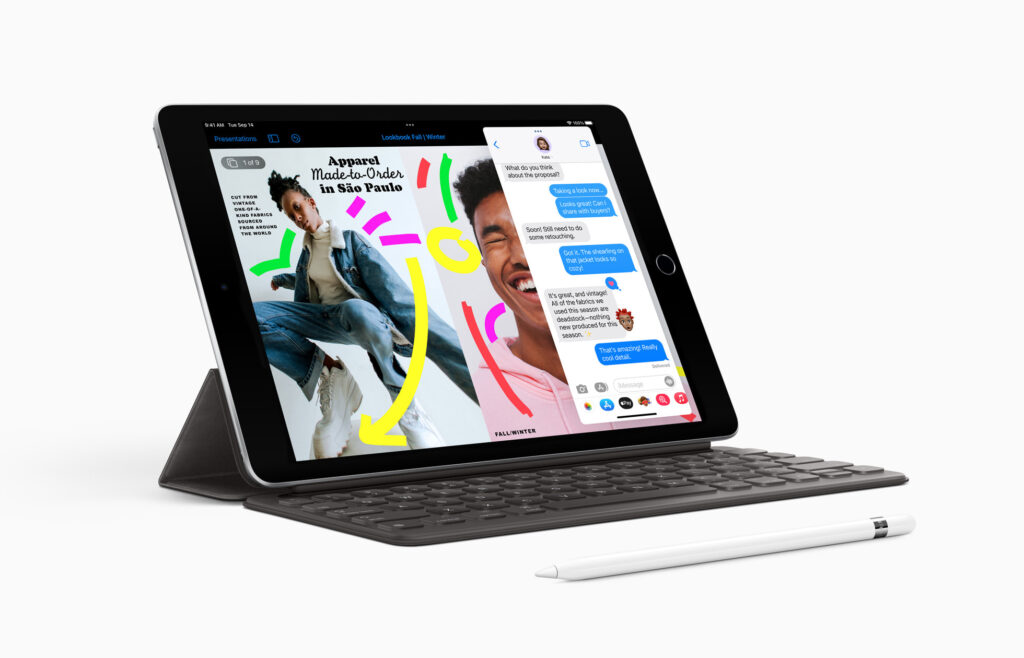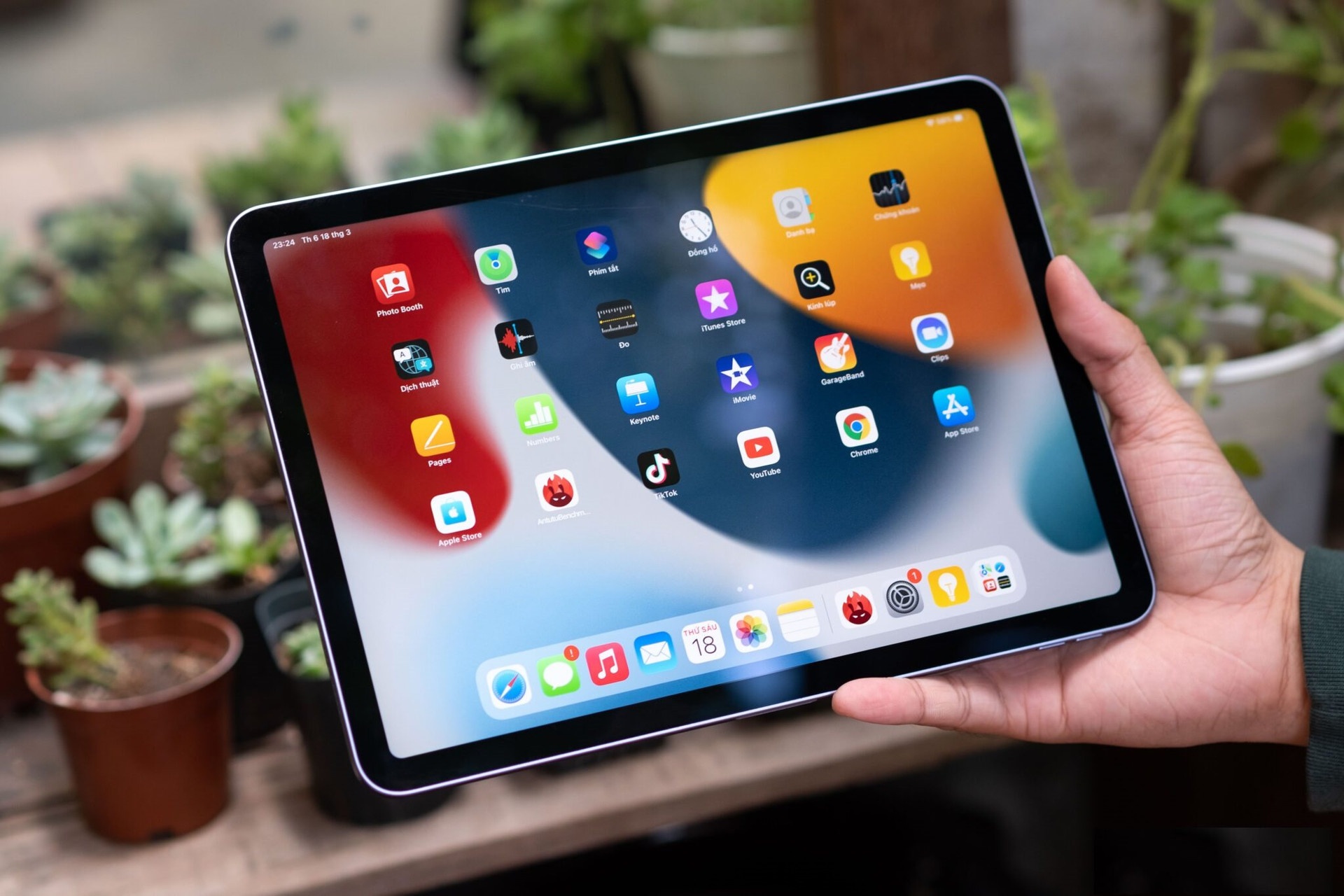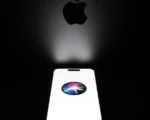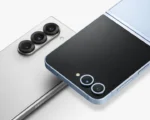Milestone Move: Apple Marks a Historic Shift by Transferring Core iPad Engineering Resources to Vietnam for the First Time.
In a strategic move, Apple is reportedly redirecting product development resources for the iPad to Vietnam, as revealed by sources familiar with the matter, according to a Nikkei report on Friday. Collaborating with BYD, a significant iPad assembler based in China, Apple aims to transition New Product Introduction (NPI) resources to Vietnam. Notably, this marks a significant departure for Apple, as it represents the first instance of the company relocating NPI resources to Vietnam for such a pivotal device in its product lineup.
The report indicates that the process will initiate with engineering verification for the test production of a new iPad model, scheduled to commence around mid-February. With the targeted timeline, Apple aims to make the new iPad model available in the market during the second half of the upcoming year.
This strategic reallocation underscores Apple’s commitment to diversifying its manufacturing and development footprint, seeking new avenues for efficiency and growth in the dynamic technology landscape.
It began assembling iPhone models in the country in 2017 through Wistron and later Foxconn, and has a total of 14 suppliers in India.

TDK will set up a manufacturing facility in the northern state of Haryana, creating several thousand new jobs, Deputy Minister for Information Technology Rajeev Chandrasekhar said on social media platform X, formerly known as Twitter.
Last month, Chinese e-commerce platforms including PDD Holdings’ Pinduoduo and Alibaba’s Taobao offered deep discounts on Apple’s latest iPhone 15 series, with some selling models up to CNY 900 ($123 or roughly Rs. 10,229) below the retail price.
Analysts say the iPhone 15 has not been selling as well in China as its predecessor. Counterpoint Research said that iPhone 15 sales in China were down 4.5 percent versus the iPhone 14 in the first 17 days after its market launch.


















